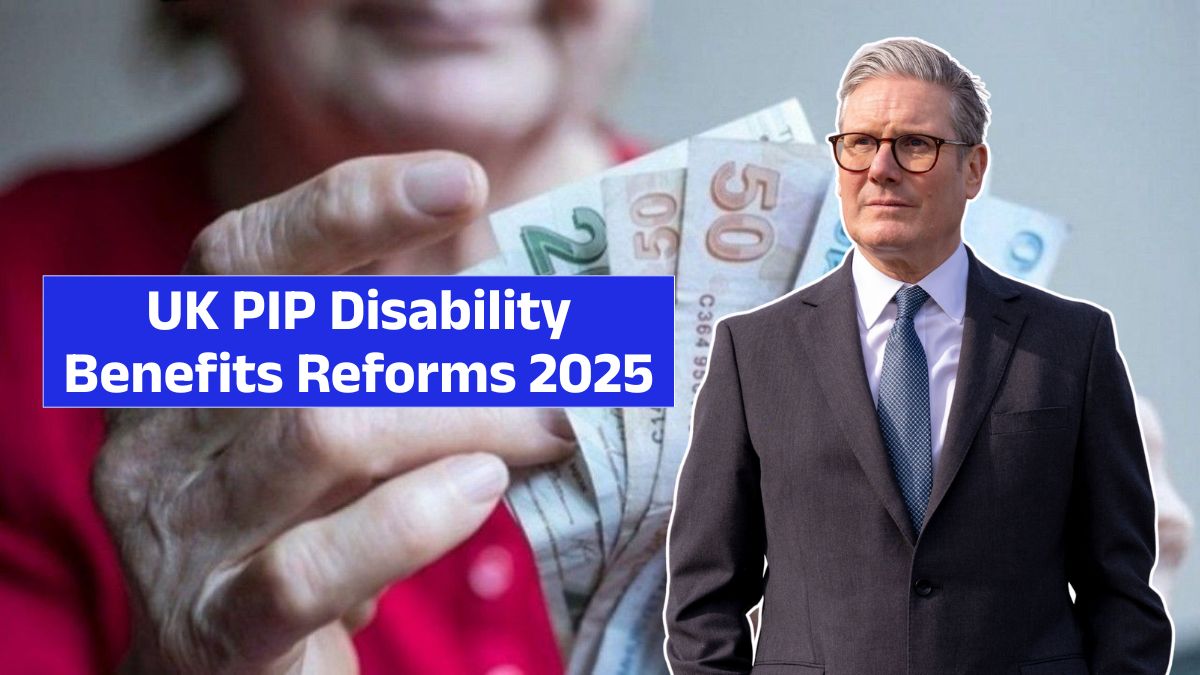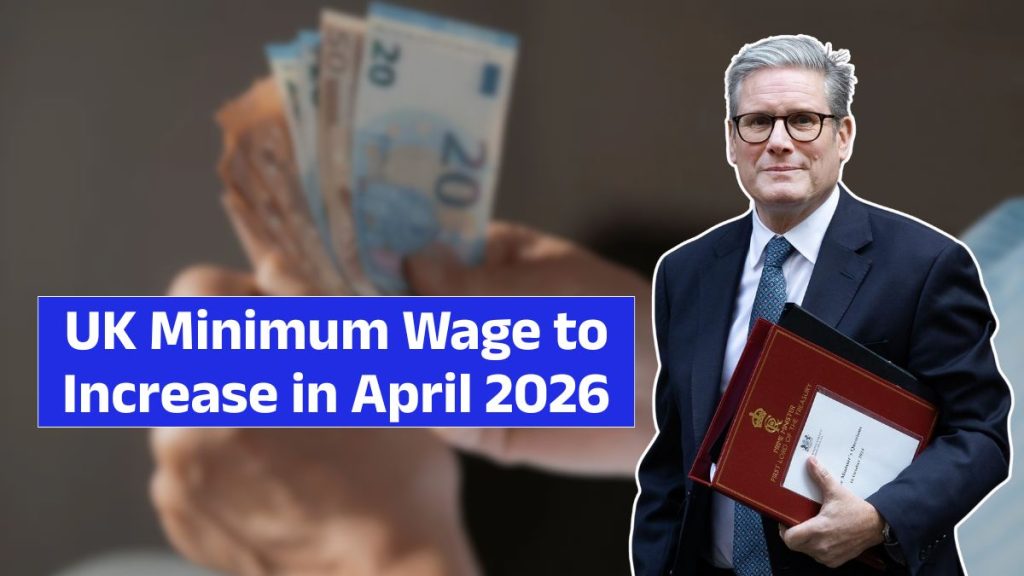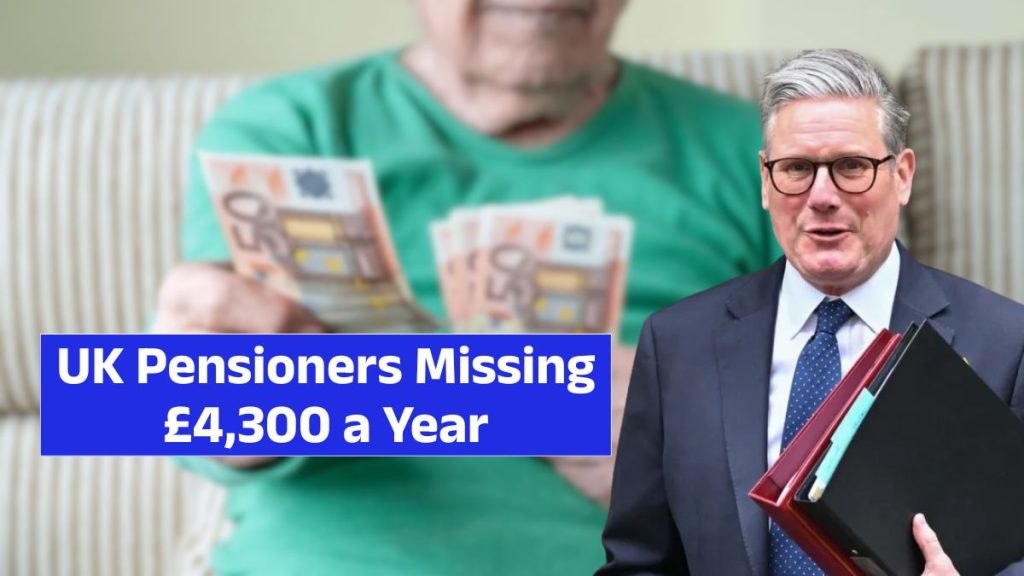The UK disability benefits system has long been criticised by advocacy groups for being stressful, unfair, and overly bureaucratic. In 2025, the Labour government led by Prime Minister Keir Starmer announced sweeping reforms to Personal Independence Payment (PIP), with the Department for Work and Pensions (DWP) confirming that 700,000 disabled people will now be exempt from repeated reassessments.
This landmark reform is being hailed as one of the biggest improvements to disability benefits in years, potentially transforming the way the UK supports its disabled population.
What is PIP?

Personal Independence Payment (PIP) is a benefit for people aged 16 to State Pension age who live with long-term illnesses, disabilities, or mental health conditions. It helps cover the extra costs of daily living and mobility that arise from disability.
PIP has two main components:
- Daily Living Component – helps with personal care, medication management, and basic living needs.
- Mobility Component – supports travel, independence, and mobility-related costs.
Importantly, PIP is not means-tested, meaning eligibility does not depend on income or savings. Instead, claimants undergo assessments to prove the impact of their condition—a process heavily criticised for being stressful, intrusive, and often inaccurate.
Why Reforms Were Needed in 2025
For years, disabled people and charities have argued that the system was broken. Reports from organisations such as Scope and Disability Rights UK highlighted major flaws, including:
- High numbers of successful appeals, showing initial decisions were often wrong.
- Disabled people with lifelong conditions forced into repeated reassessments.
- Emotional and mental strain caused by constant reviews.
The Labour Party had promised during its election campaign to create a fairer and more compassionate system. The 2025 PIP reforms are the government’s first major step toward that goal.
The Key Announcement: 700,000 Exempt from Reassessments
The most impactful change is that around 700,000 disabled people will no longer need to undergo frequent reassessments.
This exemption will apply to people with:
- Lifelong conditions that will not improve.
- Progressive illnesses such as Parkinson’s or multiple sclerosis.
- Severe disabilities that require permanent support.
For many claimants, this means an end to the repeated requirement of proving their disability—a change expected to bring immense relief.
How the Exemption Will Work
The DWP will use medical evidence and case history to decide exemptions. Examples include:
- A claimant with advanced Parkinson’s disease will not face future face-to-face assessments.
- People with permanent mobility impairments or congenital conditions will likely be granted long-term awards.
- Claimants with conditions that may fluctuate but are unlikely to improve will also be considered for exemption.
This change reduces bureaucracy and allows DWP staff to focus resources on complex or temporary cases.
Impact on Disabled People
The announcement has been welcomed by many advocacy groups and families. For years, the fear of reassessments was as stressful as the disability itself. Now, with long-term certainty, claimants can:
- Focus on health and wellbeing rather than paperwork.
- Plan financially with confidence about benefit income.
- Avoid stressful and invasive assessments.
Campaigners say this reform restores dignity, fairness, and respect to disabled people who were previously made to feel as if their conditions were doubted.
Labour’s Vision for a Fairer System
Prime Minister Keir Starmer framed the reforms as part of Labour’s promise to build a “compassionate welfare state.”
The government says the changes are not about saving money but about ensuring fairness. By cutting unnecessary reassessments, the DWP will be able to:
- Improve accuracy of decisions.
- Speed up processing times for new applications.
- Focus on providing flexible support to those with fluctuating conditions.
What About New PIP Applicants?
For new applicants, the standard PIP assessment process will remain in place, but Labour has promised improvements, such as:
- Reduced waiting times for assessments.
- Better training for assessors to understand different disabilities.
- Greater reliance on medical evidence from GPs and specialists to minimise unnecessary interviews.
This balance aims to prevent fraud while ensuring genuine claimants receive support quickly and fairly.
Concerns and Criticism
While the reforms have been widely praised, some critics have raised concerns:
- People with fluctuating conditions, including mental health disorders, may still face challenges.
- The DWP’s history of mistakes raises doubts about how fairly exemptions will be applied.
- Without additional funding, other parts of the system may continue to suffer from delays and backlogs.
Charities are calling for independent oversight to ensure reforms truly deliver improvements.
Financial and Administrative Impact
The government estimates that exempting 700,000 people from reassessments will save millions in administration costs. However, it also means longer-term commitments to benefit payments, which increases overall spending.
Labour has defended the decision, arguing that the social and health benefits—such as reduced stress, better wellbeing, and fewer emergency support needs—far outweigh the financial cost.
How to Check if You Are Exempt
Claimants do not need to apply separately. The DWP will automatically review cases and notify individuals if they qualify for exemption.
Steps pensioners, carers, and disabled claimants should take:
- Keep medical records up to date with the DWP.
- Respond quickly to any requests for evidence.
- Contact local charities or support groups if unsure about status.
Official exemption letters are expected to begin arriving from mid-2025.
Wider Impact on Families and Carers
Families and carers often shouldered the burden of reassessments by providing documentation, attending appointments, or challenging decisions. With exemptions in place, carers can now focus more on providing support rather than dealing with bureaucracy.
This shift is expected to improve the quality of life not just for disabled people, but for their families as well.
The Future of Disability Benefits in the UK
The 2025 reforms are seen as the first step in a wider overhaul of disability benefits. Labour has hinted at additional measures, including:
- Expanding employment support for disabled people who want to work.
- Improving mental health services linked to benefits.
- Reviewing housing and transport schemes to increase independence.
Advocacy groups hope this marks a permanent cultural change within the DWP—from suspicion and repeated checks to respect and long-term support.
FAQs – UK PIP Reforms 2025
1. What are the new PIP rules announced in 2025?
The DWP confirmed that 700,000 people with lifelong, progressive, or severe conditions will be exempt from repeated reassessments.
2. Will I need to apply for the exemption?
No. The DWP will automatically review existing cases and notify those who qualify.
3. Does this reform affect new PIP applicants?
New applicants will still undergo the PIP process, but the government has promised shorter waits, better-trained assessors, and more use of medical evidence.
4. Why were these changes introduced?
The reforms were introduced to make the system fairer and less stressful, following years of criticism over intrusive assessments and high appeal rates.
5. When will exempt claimants be notified?
Letters confirming exemptions are expected to be sent from mid-2025 onward.













